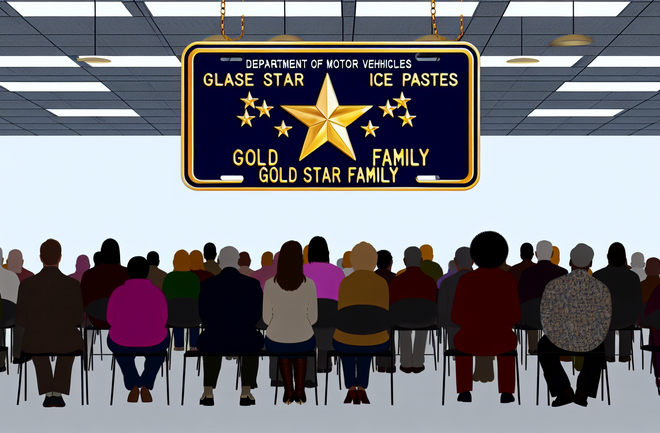As we navigate our daily challenges, it’s comforting to know there’s a repository of advice just a page away. This sentiment rings especially true with the longstanding tradition of “Dear Abby.” The column, appearing in papers on June 29, 2025, once again sheds light on the intricacies of the human condition by offering well-considered guidance to its readers.
The enduring success of “Dear Abby” speaks to our universal need for advice and empathy. In a digital age saturated with quick fixes and self-help gurus, Abby’s column remains a steadfast source for thoughtful and practical solutions. It connects with readers by acknowledging personal emotions while balancing objectivity—a skill that’s becoming increasingly rare in today’s advice-laden environment.
In her latest endeavor, Abby tackles issues ranging from familial conflicts to personal dilemmas, providing advice that is both timeless and relevant. Each letter addressed by Abby is a microcosm of broader societal themes, emphasizing that while the letters may evolve, the core of human experience remains largely unchanged. Her responses are crafted with empathy, strengthening the bond between the reader and the written word.
The column also taps into the communal aspect of advice-seeking. Readers find reassurance not only through Abby’s responses but also through the knowledge that others share similar struggles. This communal bond fosters a sense of solidarity—a reminder that no matter how unique our troubles might feel, they often echo in the lives of many others.
Despite the changing cultural landscapes, certain elements of advice retain their efficacy over decades. Dear Abby demonstrates that the simple act of listening—of truly hearing another’s concerns—is invaluable. Her ability to distill complex emotions and actions into palatable guidance is a testament to the enduring need for voices like hers in public discourse.
From an analytical perspective, “Dear Abby” serves both as entertainment and education. It’s fascinating to observe societal norms and trends through the lens of individual queries. By analyzing the column’s content over time, one can glimpse the evolution of social attitudes and prevailing issues that captivate the public’s attention.
In a world where information is overwhelming, Abby’s concise, empathetic counsel provides clarity. Her insights encourage us to introspect, advising not through dictation but through understanding. Ultimately, the true essence of “Dear Abby” lies in its ability to remind us that the answers to life’s most perplexing questions often reside within a compassionate exchange of words.









